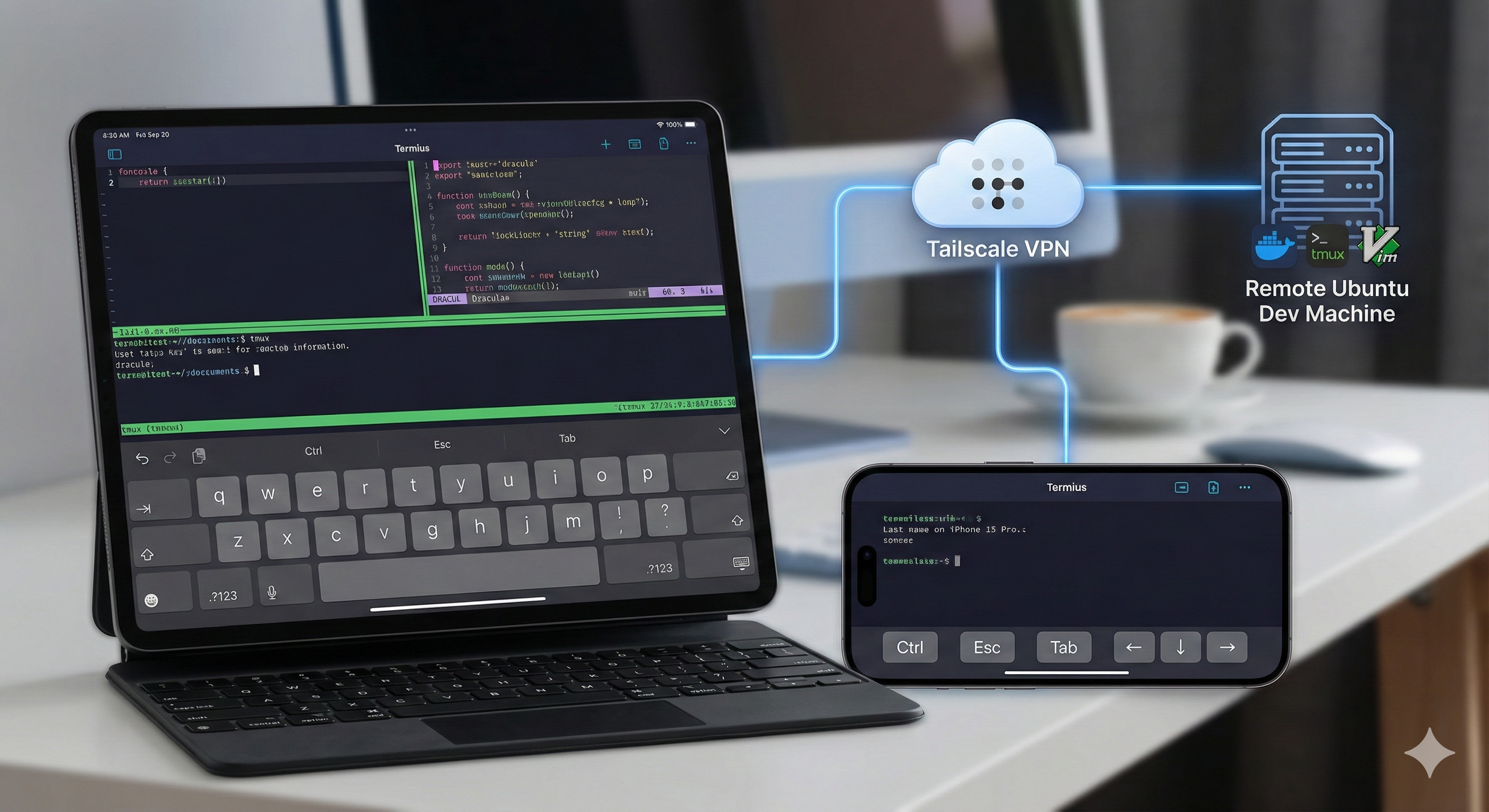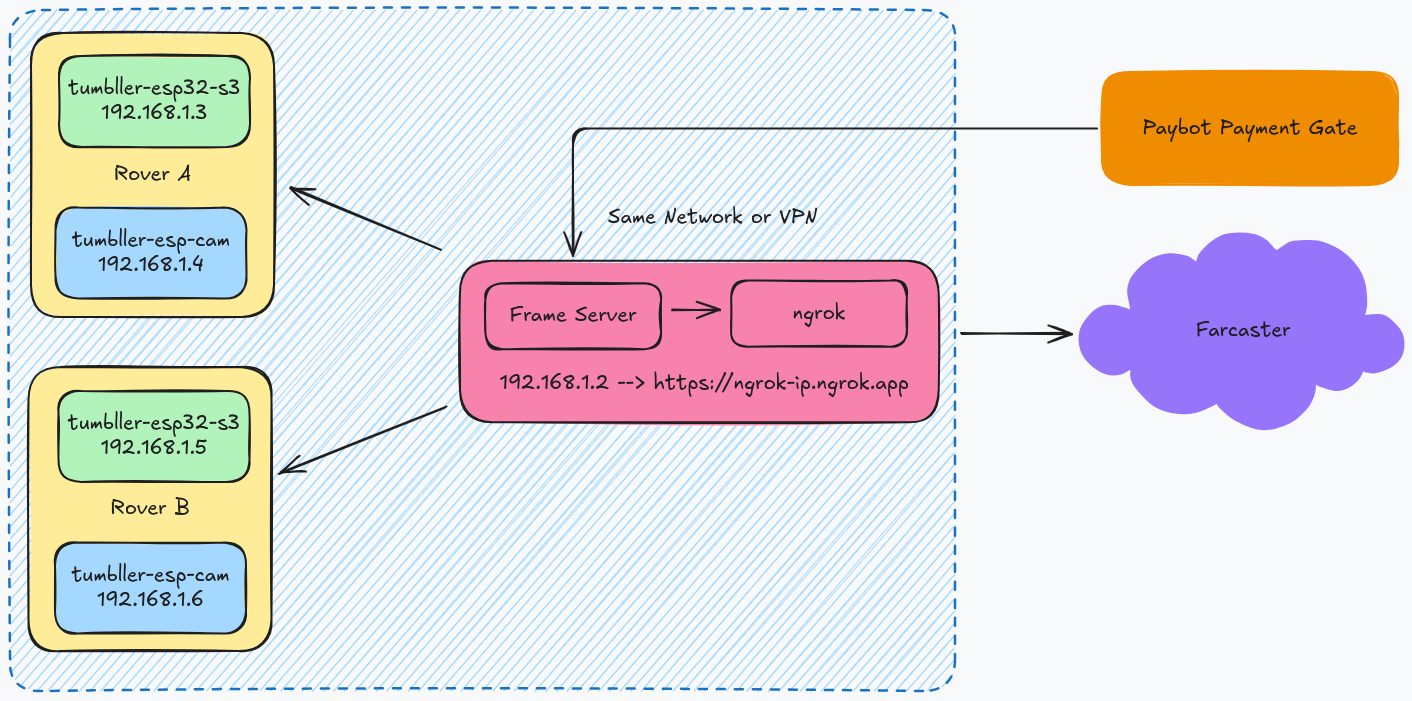Setting up Vim
I used to have a really good setup of vim, but have lost it in the last couple of years. Well most of the time I just used to copy vimscripts until I got what I wanted. While trying to build back my old vim setup I found this blog post. I realized I never really understood what was going into my vimrc file. So this is an attempt to slowly build back vim setup while also understanding a little bit about what goes under the hood. I will keep updating this post whenever I add a plugin or feature to my vim setup.
Plugin management with Vundle
Setup Instructions are nicely mentioned here: Vundle GitHub. First step is just to clone the vundle git repo to the .vim directory
$ git clone https://github.com/VundleVim/Vundle.vim.git ~/.vim/bundle/Vundle.vim
Then setup a .vimrc file in the user home directory. The first line in the .vimrc file is
set nocompatible
This disables compatibility with old vi and all improvement of Vim are enabled. Source: What is compatible mode in Vim
" set the runtime path to include Vundle and initialize
set rtp+=~/.vim/bundle/Vundle.vim
call vundle#begin()
" if Vundle should install plugins in a different directory then
" call vundle#begin('~/some/path/here')
" let Vundle manage Vundle plugin. required
Plugin 'VundleVim/Vundle.vim'
call vundle#end() "required
All plugins that need to be installed goes between call vundle#begin()/end() block. To install the plugins, just open vim and use this command:
:PluginInstall
Colorscheme installation
To use the dracula colorscheme, add the following to .vimrc
Plugin 'dracula/vim'


